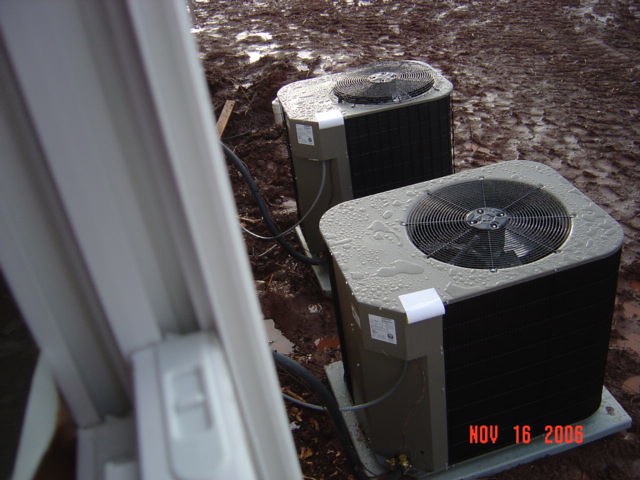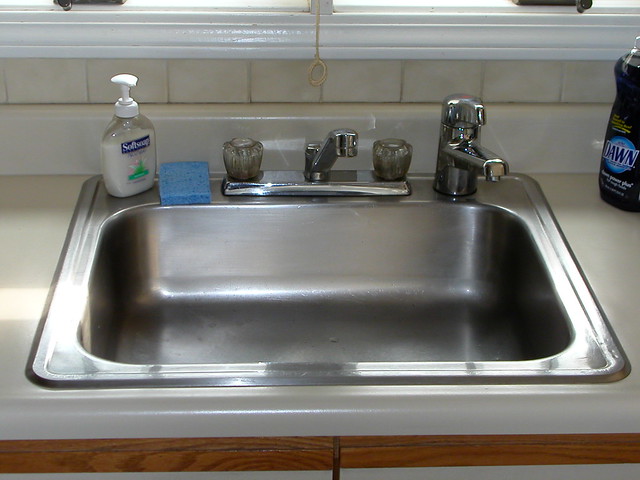Slow Flow
The problem with weak water pressure is a low flow of water in the house. (Photo Credits)
Low water flow from faucets and showers can be frustrating especially when one is in a hurry. Shower time can double, washing can get affected, and even simple chores can take up time – like watering plants in the lawn or garden.
(Related Post: Plumber's tips on conserving water in the garden)
So why does low flow happen?
The website Hometips.com tried to explain why some households experience weak water pressure that leads to low water flow. Plumbing Association of San Diego
"If all of your neighbors have low water pressure, there may not be much you can do except to contact your water supplier and complain about the problem. You might even do well to gather a petition from the neighbors and submit it to the utility. If your home is the only one with low pressure—or if only parts of your house have low pressure—then there is probably a constriction in your pipes or valves. The most common cause of low water pressure in a home that's more than 20 years old is older steel pipes that have become clogged with lime deposits that strangle the flow of water. Unfortunately, to solve this problem, you usually need to have a plumber re-pipe your home."
(Related Post: Plumber's advice on dealing with dirty water )
Check out the rest of the article here.
Persistently low flow
The Family Handyman meanwhile mentioned that should weak water pressure still persist despite repiping, then there are some measures homeowners can undertake. A/C And HVAC
"Usually, poor water pressure is caused by clogged pipes. But if you've already replaced them or have a newer house with new pipes, try the obvious first. Make sure the shutoff valves near the water meter are fully open. Sounds basic, but plumbers still have to charge for a service call to simply turn a valve handle! Then check the water pressure. If your house is on city water, ask your local water department for a pressure reading. A reading of 45 to 55 psi is ideal."
The continuation can be found here.
Related Plumbing Repair and Installation Services:
- DiamondAce Plumber Review San Diego Check Here
- BDP Air Conditioning Contractor San Diego Free Estimate
- San Diego Drain Cleaning Team Emergency Plumber
- Plumber Repair Service Carlsbad More Info
- Del Mar Plumber Company Click Here
- DiamondAce Plumber Now Lemon Grove Contact Now
Service Ratings Website Angie's List meanwhile shared a list of common reasons why low water pressure takes place and the individual solutions to each concern.
"Debris — such as sand, dirt, and pollutants — can enter your home's pipes when a water main fractures. Even without a fractured line, your pipes are susceptible to mineral buildup from the deposits that water leaves behind when traveling through your home. Even a small amount of sediment can create a blockage in your home's plumbing. The solution to this piping problem is to examine a section of the pipe to determine whether mineral buildup is the problem. If this is the case, plumbing chemicals that break down and flush the debris can solve the problem more often than not."
Take a look at the three other main causes of slow water flow in the original article here.
If unsure as to how to go about resolving the weak water pressure at home, it will be best to seek professional plumbing assistance.
Diamond Ace Contractors
5052 Genesee Ave, San Diego, CA 92117
(888) 231-1086
Diamond Ace Contractors Plumbing Repair San Diego
The post Plumber's take on Low Water Flow appeared first on Blue Diamond Plumbing.


